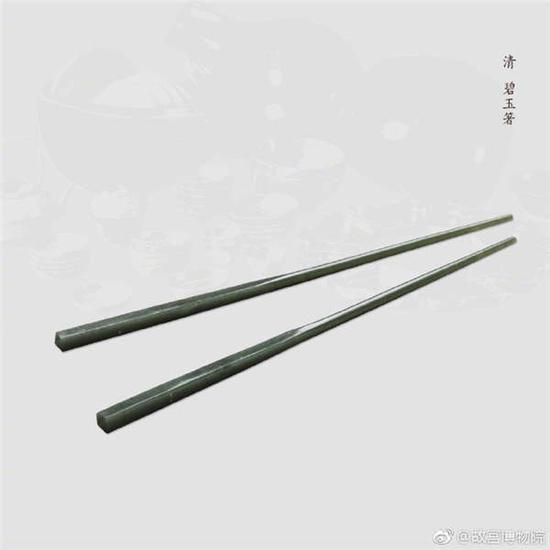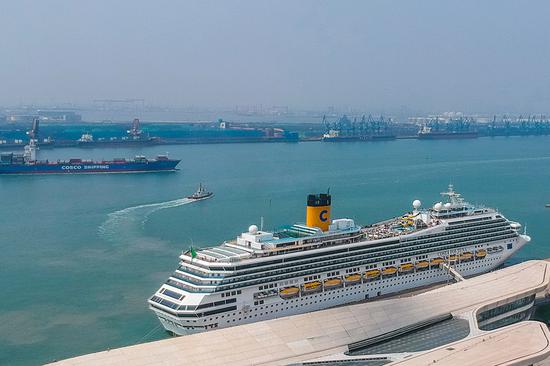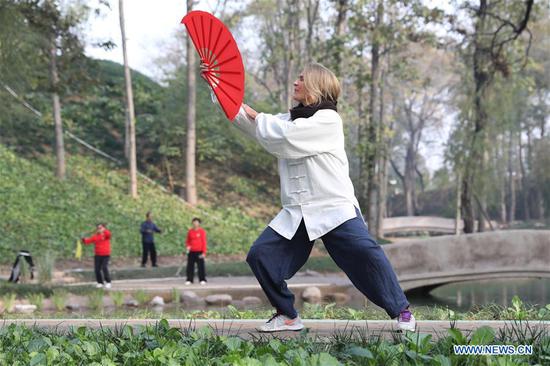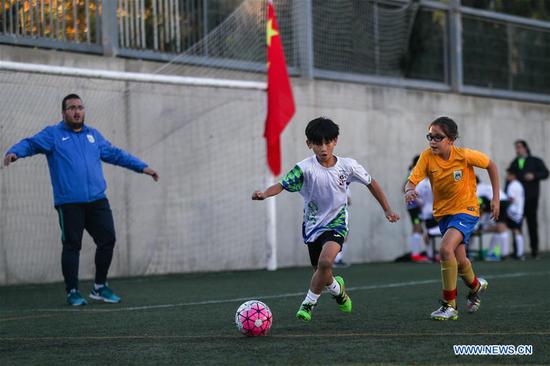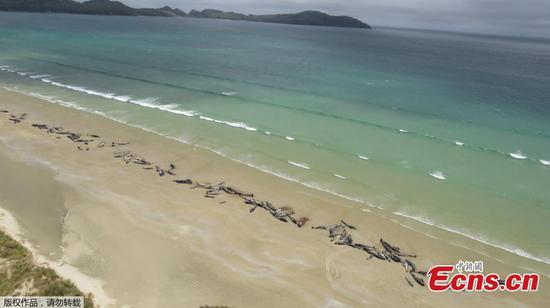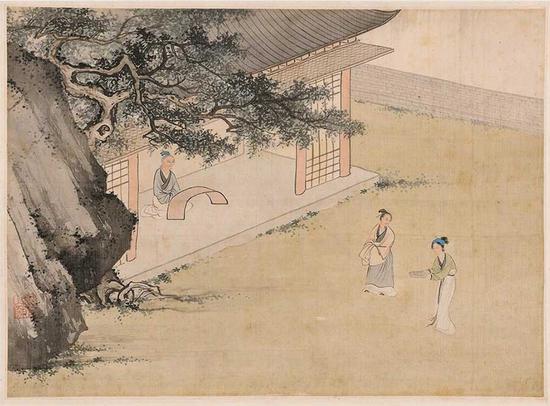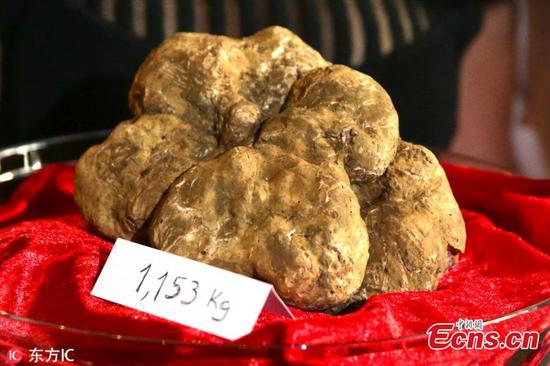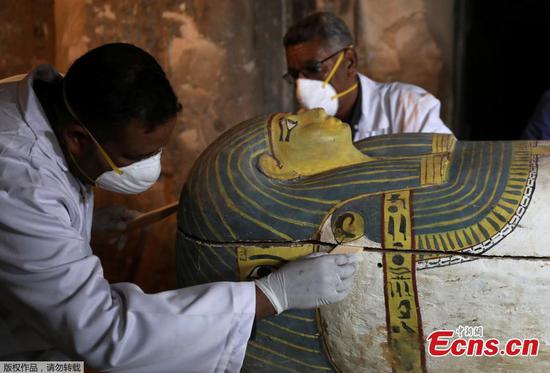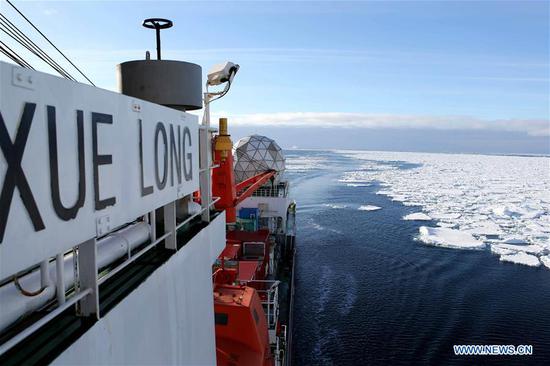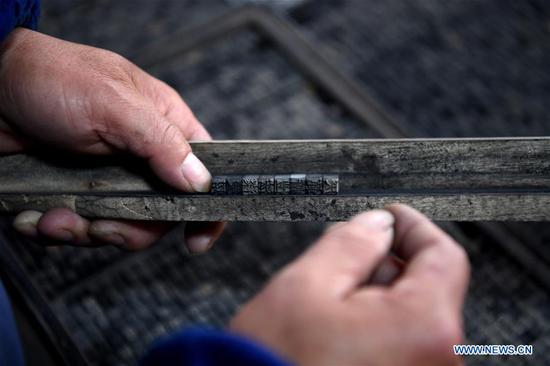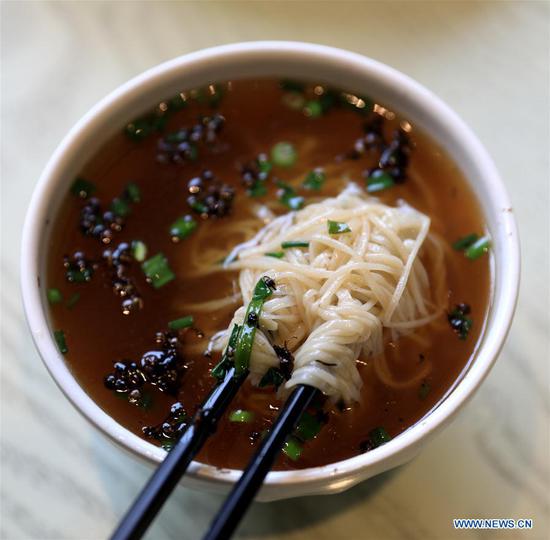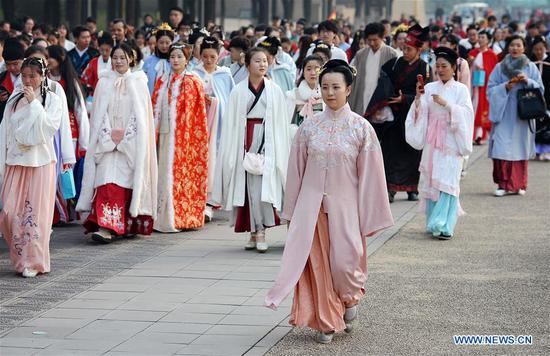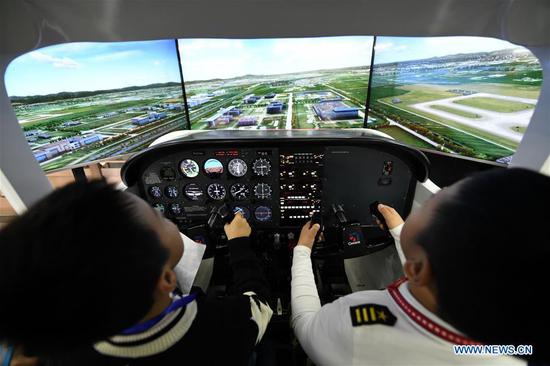Editor's note: Kuomintang won 15 of the 22 seats contested in the local elections in Taiwan over the weekend, but the Democratic Progressive Party will remain the ruling party on the island until the 2020 election for a new Taiwan leader. What will cross-Straits relations be like in the intervening two years? Three experts share their views on the issue with China Daily's Yao Yuxin. Excerpts follow:
City-to-city exchanges may improve in the future
Zhu Songling, a professor at the Institute of Taiwan Studies, Beijing Union University
The DPP has failed what many consider a midterm test for its performance in the past two years. The DPP won only 6 of the 22 cities and counties in the local elections, forcing Tsai Ing-wen to accept responsibility for defeat and resign as leader of the party.
But there are no signs that Tsai is repentant for what she has done, including undermining the interests of people from all walks of life in the name of reform and triggering a cross-Straits confrontation by not recognizing the 1992 Consensus. Taiwan residents are unhappy with her performance and her moves that have soured cross-Straits relations, as they want to improve their livelihoods and share the fruits of the Chinese mainland's economic development through a peaceful relationship.
And even though the DPP will be the ruling party in Taiwan for the next two years, cross-Straits relations are likely to improve because exchanges between cities on the two sides may increase based on the 1992 Consensus that there is only one China.
Committed to peaceful development of cross-Straits ties, Beijing has never changed its stance on the island and would like to share the fruits of its development with Taiwan compatriots. In fact, Beijing has issued 31 detailed measures granting Taiwan residents equal treatment.
Before Tsai took office in 2016, cross-Straits cooperation in many fields prospered, and those rich experiences can help the two sides engage in fruitful cooperation in the future. In addition, complete with its industrial chain, high productivity and huge market, the mainland welcomes all-round cooperation with the island based on the 1992 Consensus.
Many worry that the Tsai administration may further hinder cross-Straits communication, but by doing so it will only end up losing more voters in 2020.
Island needs to embrace mainland market
Tang Yonghong, deputy director of the Taiwan Research Center, Xiamen University
Taiwan residents have made it clear they are very unhappy with the sluggish economy, worried about strained cross-Straits relations and angry with the Tsai administration's aggressive reform. The local elections' results also show Taiwan compatriots' unhappiness with the DPP.
Taiwan residents, despite their different priorities and demands, have always wanted peaceful cross-Straits relations as they are vital to their pursuit of a better life. As for ideologies, which the DPP is good at manipulating, they are of least importance to the island's residents.
By voting against the Tsai administration, Taiwan residents have shown cross-Straits tensions are neither good for the island's economy nor its residents. Many island residents voted against Tsai especially because of her refusal to accept the 1992 Consensus and for seeking cooperation with some international powers to contain the mainland.
Besides, as the Tsai authorities are trying hard to reduce cross-Straits exchanges across the board in order to "de-sinicize" the island, Taiwan's economic and other developments have deteriorated, bringing its economy to a standstill which has severely affected the residents' livelihoods.
Given the rising cross-Straits tensions and worsening livelihoods, the mainland card, commonly used by the DPP to win votes, was not as effective as before.
No wonder Han Kuo-yu, a Kuomintang member who shifted to Kaohsiung just one year ago, has been elected the new mayor of Kaohsiung, a municipality ruled by the DPP for 20 consecutive years. Han's campaign resonated with the local residents as he made boosting the economy and improving the "old and poor" city his top priorities.
But the economy of the entire island cannot be improved by one single mayor. As the mainland has become an important engine of the global economy, the island can better develop its economy with closer cooperation with the mainland.
Results reflect wishes of island residents
Yin Cunyi, a professor at the Institute of Taiwan Studies, Tsinghua University
The results of the local elections reflect that Taiwan residents want peaceful cross-Straits relations. Thanks to its terrible performance over the past two years, the DPP not only harmed the island's economy, but also divided the island's residents with its poorly implemented reform.
Worse, the Tsai administration's "pro-independent" stance has seriously harmed cross-Straits relations, leading to uncertainties across the Taiwan Straits.
Along with voting down the "demand" for a referendum to change the name of "Taiwan" to "Chinese Taipei" at the 2020 Tokyo Olympic Games, the election results also show that the island's residents oppose Tsai's policies that have worsened cross-Straits relations as well as affected the economy.
And that Han Kuo-yu broke through the DPP's stronghold to become Kaohsiung mayor shows Taiwan residents want to boost the economy and improve their livelihoods, by improving cross-Straits ties, rather than focusing on Kuomintang-DPP power competition.














